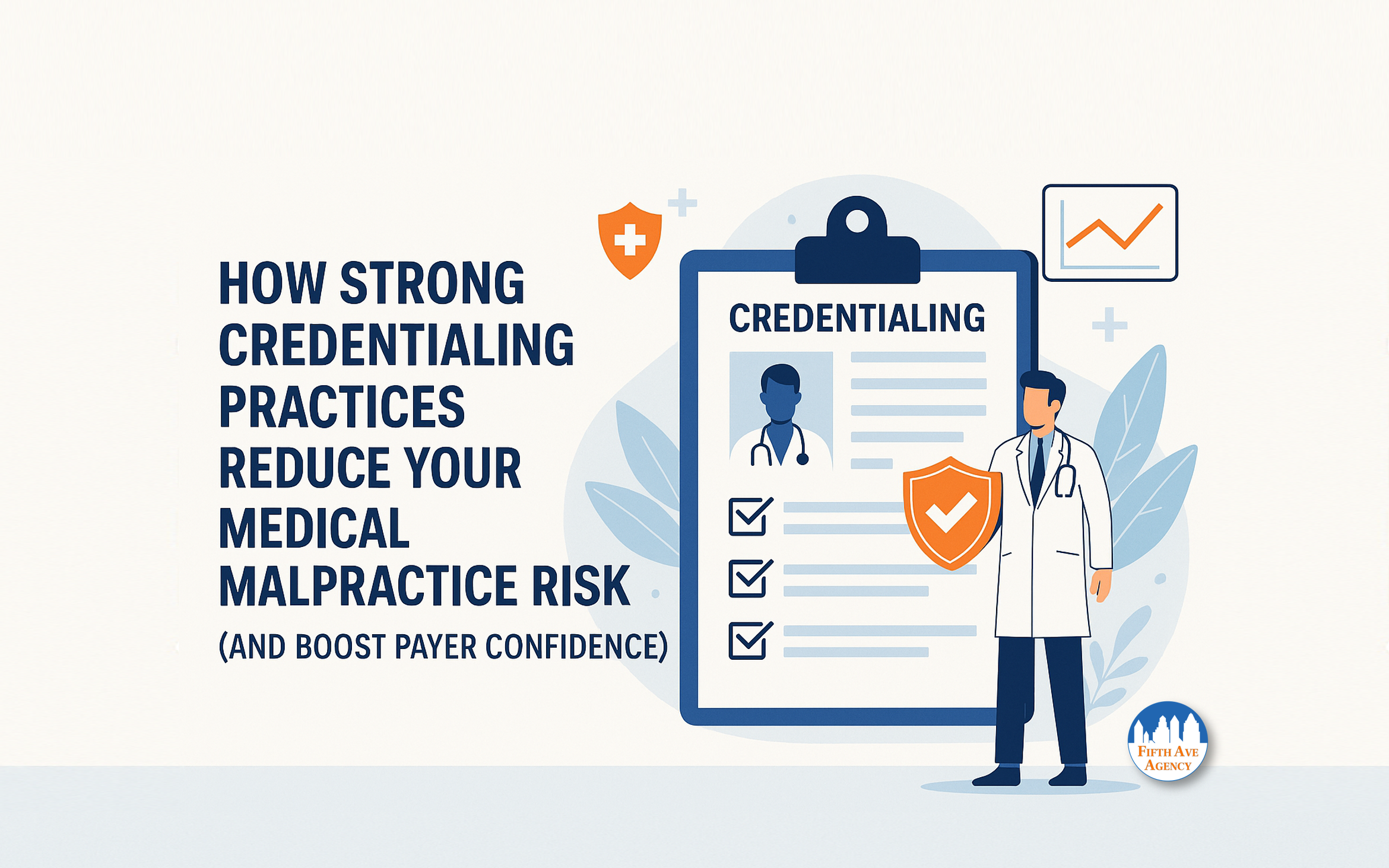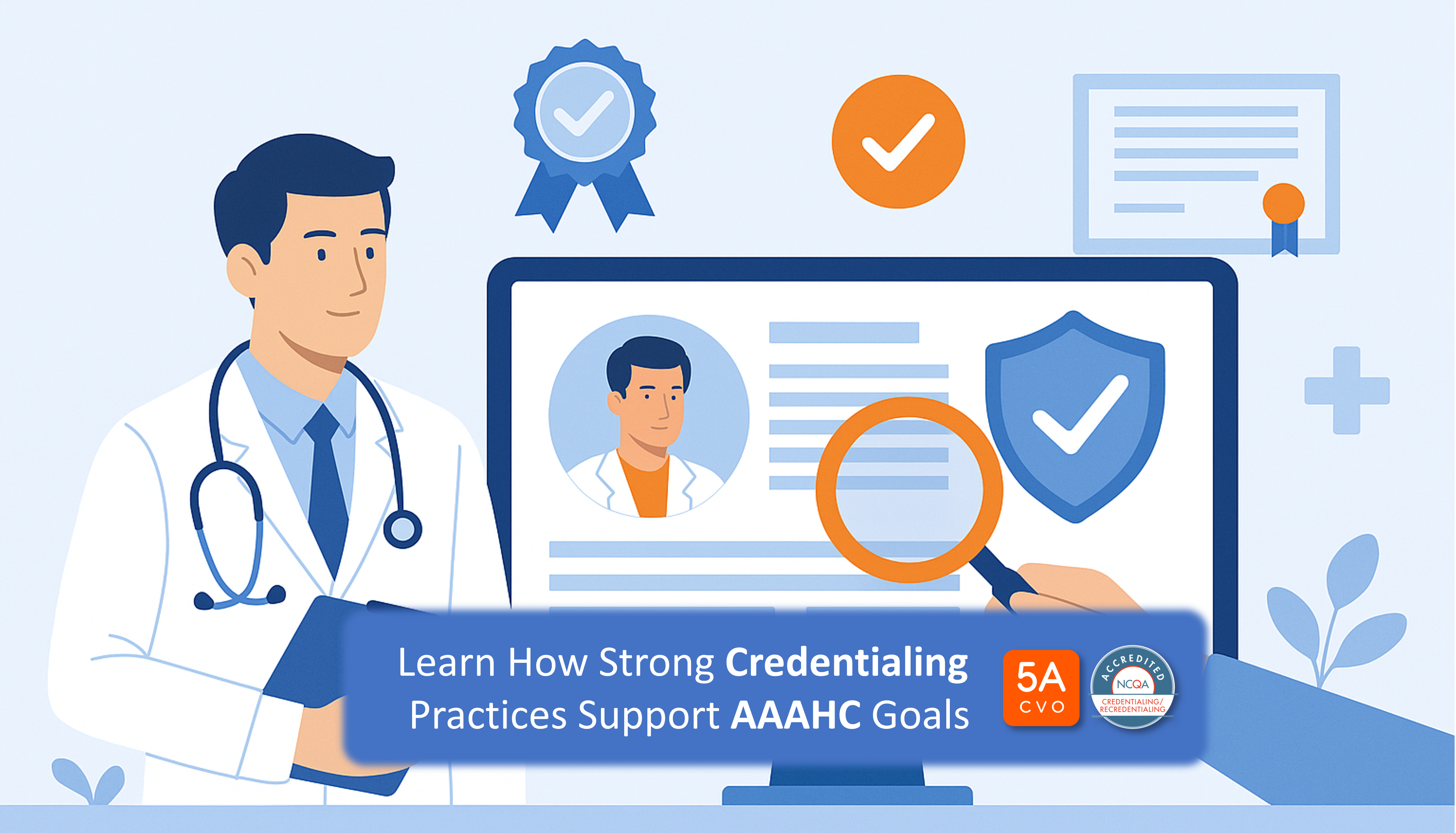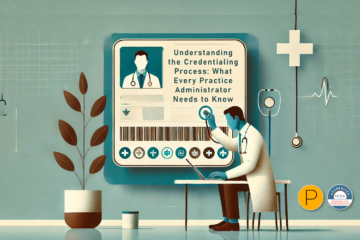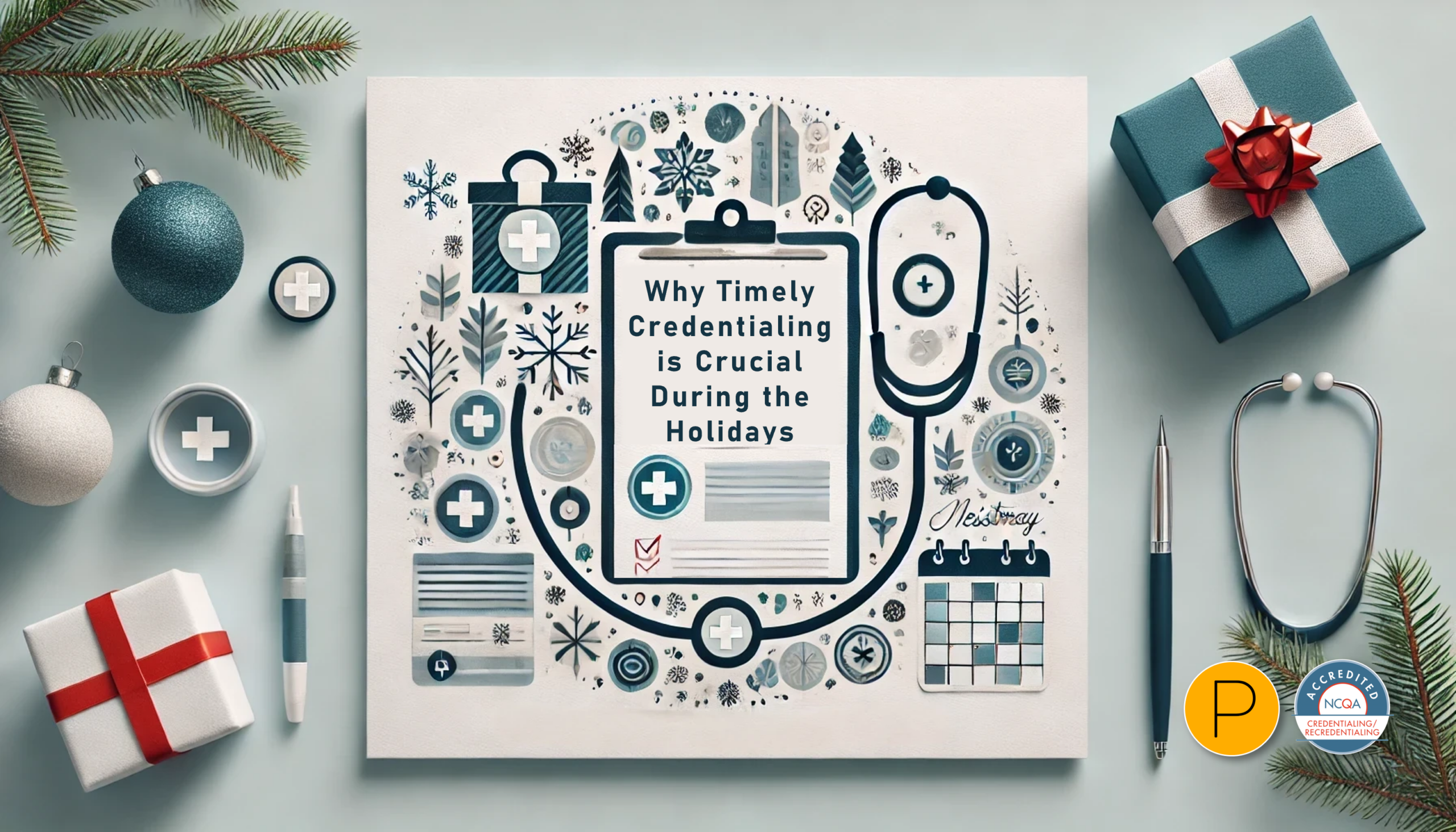Choosing the right credentialing service provider is crucial for any healthcare facility. Credentialing ensures that healthcare providers have the necessary qualifications, certifications, and licenses to offer safe and effective patient care.
With an increasing number of credentialing service providers available, it can be challenging to determine which one is the best fit for your facility. This article outlines the key factors to consider when making this critical decision.
1. Experience and Expertise
The first and foremost factor to consider is the experience and expertise of the credentialing service provider. A provider with a proven history in the healthcare industry will have a deep understanding of the complexities involved in the credentialing process.
Here are some aspects to look for:
- Years in Business: How long has the provider been in operation? A longer history often indicates reliability and experience.
- Industry Specialization: Does the provider specialize in healthcare credentialing or offer a broad range of services? Specialization can lead to more in-depth knowledge and better service.
- Client Portfolio: Review the provider’s client list. Are they working with reputable healthcare facilities similar to yours? Positive testimonials and case studies can provide insight into their expertise.
2. Comprehensive Service Offerings
Credentialing involves multiple steps, including primary source verification, background checks, and ongoing monitoring. Ensure that the service provider offers comprehensive solutions that cover all aspects of credentialing.
Some key services to look for include:
- Primary Source Verification: This is the process of verifying a provider’s credentials directly from the original or primary source.
- Background Checks: Comprehensive background checks, including criminal history, employment verification, and education verification.
- Ongoing Monitoring: Continuous monitoring of credentials to ensure compliance and address any issues promptly.
- Renewal Management: Handling the timely renewal of licenses and certifications to avoid lapses in credentialing.
3. Technology and Innovation
In today’s digital age, advanced technology can significantly enhance the efficiency and accuracy of the credentialing process.
When evaluating credentialing service providers, consider their technological capabilities:
- Automated Processes: Automation can reduce manual errors and speed up credentialing.
- User-Friendly Platforms: An intuitive and easy-to-navigate platform and credentialing web portal can streamline the workflow for your administrative staff.
- Data Security: Ensure the provider has robust data security measures to protect sensitive information.
- Integration Capabilities: Integrating your existing systems, such as electronic health records (EHR) and practice management software, can simplify credentialing.
4. Compliance and Accreditation
Compliance with industry standards and regulations is critical in healthcare credentialing. Verify that the credentialing service provider adheres to all relevant guidelines and has the necessary accreditations:
- NCQA Accreditation: The National Committee for Quality Assurance (NCQA) sets high standards for credentialing. An NCQA Credentialing Accredited provider demonstrates a commitment to quality and compliance.
- URAC Accreditation: The Utilization Review Accreditation Commission (URAC) also offers accreditation for credentialing organizations. URAC accreditation signifies adherence to rigorous standards.
- State and Federal Regulations: Ensure the credentialing provider knows and complies with all state and federal healthcare credentialing regulations.
5. Customization and Flexibility
Every healthcare facility has unique needs and requirements. A one-size-fits-all approach may not be effective. Look for a credentialing service provider that offers customization and flexibility:
- Tailored Solutions: Can the provider tailor their services to meet the specific needs of your facility?
- Scalability: Can the provider scale their services accordingly as your facility grows?
- Adaptability: How well does the provider adapt to changes in regulations and industry standards?
6. Customer Support and Communication
Effective communication and reliable customer support are essential when working with a credentialing service provider. Assess the provider’s customer service capabilities:
- Responsive Support: Is the provider responsive to inquiries and issues? Timely support can prevent delays in the credentialing process.
- Dedicated Account Managers: Having a dedicated account manager can ensure consistent communication and personalized service.
- Training and Resources: Does the provider offer training and resources to help your staff navigate their platform and services?
7. Cost and Value
While cost should not be the sole determining factor, it is important.
Evaluate the cost structure of the credentialing service provider:
- Transparent Pricing: Is the pricing structure clear and transparent? Be wary of hidden fees and unexpected charges.
- Value for Money: Consider the overall value provided by the service. Are the services offered worth the cost? A more expensive provider may offer superior service and expertise, leading to long-term savings and benefits.
- Return on Investment: Analyze the potential return on investment (ROI) by considering how the provider’s services can improve efficiency, reduce errors, and ensure compliance.
8. Reputation and References
A provider’s reputation in the industry can offer valuable insights into their reliability and quality of service. Research the provider’s reputation:
- Online Reviews: Look for online reviews and ratings on reputable websites.
- References: Request references from the provider and contact their existing clients to gather feedback on their experiences.
- Industry Recognition: Has the provider received any industry awards or recognition?
9. Training and Education
Credentialing is a complex process that requires continuous learning and adaptation to new standards and regulations. Evaluate the training and educational support offered by the credentialing service provider:
- Staff Training: Does the provider offer training programs so your staff can understand the credentialing process better?
- Continuous Education: Look for providers offering continuous education opportunities to keep your staff updated on industry trends and regulations.
- Resource Library: A comprehensive library of resources, including articles, whitepapers, and webinars, can benefit ongoing education.
10. Turnaround Time
The credentialing process can be time-consuming, and delays can impact your facility’s operations. Assess the provider’s turnaround time:
- Average Processing Time: What is the average time the provider takes to complete the credentialing process?
- Efficiency Measures: Does the provider have measures to expedite the process without compromising accuracy?
- Performance Metrics: Ask for performance metrics and data to understand their efficiency and reliability.
11. Quality Assurance
Quality assurance is a critical aspect of credentialing. Ensure that the provider has robust quality assurance measures:
- Audit Processes: Does the provider conduct regular audits to ensure the accuracy and completeness of the credentialing process?
- Error Rates: Inquire about the provider’s error rates and how they address discrepancies.
- Continuous Improvement: Look for providers with a continuous improvement program to enhance their services regularly.
12. Partnership Approach
Choosing a credentialing service provider is not just about outsourcing a function; it is about forming a partnership. Consider the credentialing service provider’s approach to collaboration:
- Collaborative Approach: Does the provider take a collaborative approach to work closely with your facility?
- Long-Term Relationship: Are they interested in building a long-term relationship based on mutual trust and respect?
- Client Focus: Look for providers that prioritize client satisfaction and are committed to helping your facility succeed.
Conclusion of 12 Key Factors to Consider When Choosing a Credentialing Service Provider
Selecting the right credentialing service provider is a critical decision that can significantly impact your healthcare facility’s operations and patient care quality.
By considering these 12 factors, you can make an informed choice that aligns with your facility’s needs and goals:
- experience,
- comprehensive service offerings,
- technology,
- compliance,
- customization,
- customer support,
- cost,
- reputation,
- training,
- turnaround time,
- quality assurance, and
- partnership approach.
Choosing a credentialing partner is more than just a business transaction; it is about finding a trusted ally who will help you navigate the complexities of credentialing, ensure compliance, and ultimately contribute to the success of your healthcare facility.
More information about 5ACVO
Visit 5ACVO.com for more information on choosing the right credentialing service provider and exploring how we can support your credentialing needs. If you have any questions or would like to discuss your specific requirements, please visit our Contact Us page. We look forward to partnering with you to enhance your credentialing process.
5ACVO is an NCQA Credentialing Accredited company specializing in credentialing and primary source verification and is part of the Fifth Avenue Healthcare Services family. Its sister companies include Fifth Avenue Agency (MPLI and medical malpractice insurance specialists) and Primoris Credentialing Network (credentialing and provider enrollment specialists with 54+ health plan and network provider enrollment options).















